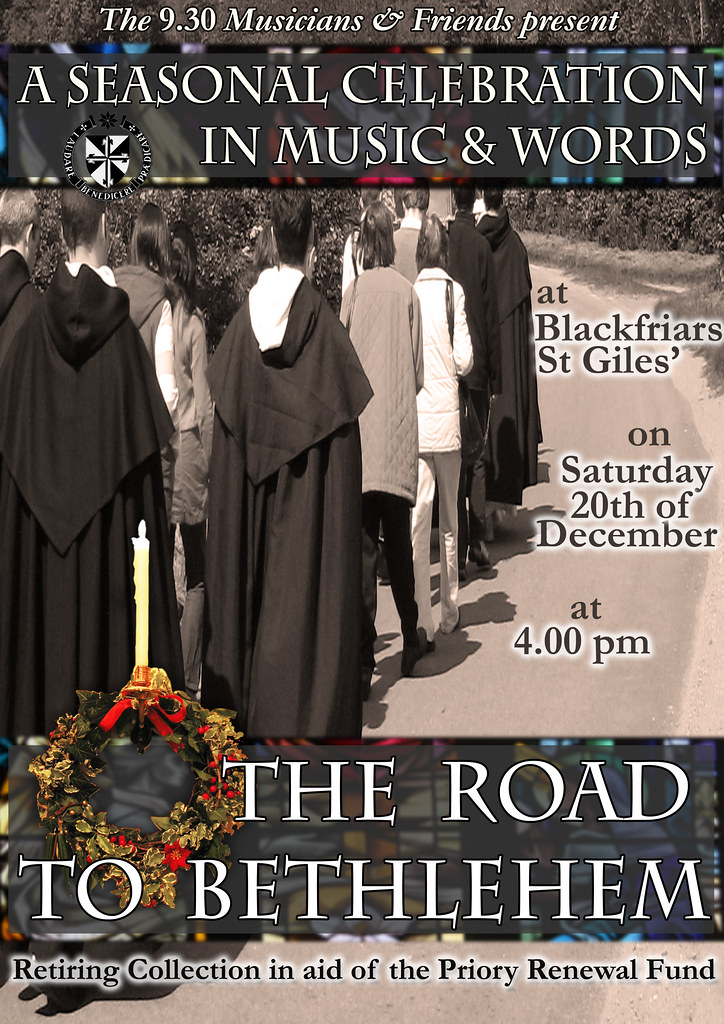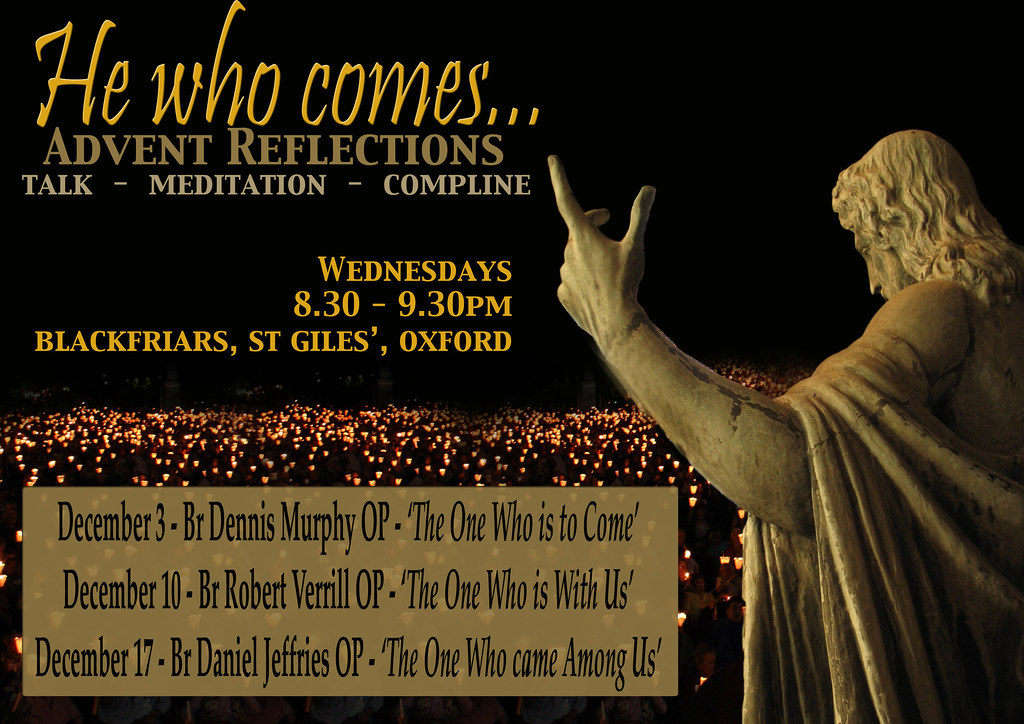Readings: Isaiah 40:1-5, 9-11; 2 Peter 3:8-14; Mark 1:1-8
Different kinds of landscape evoke different responses in us, perhaps even shape different kinds of people: the rugged coastlines of Scotland or Ireland contrast with the green hills of Tipperary or Derbyshire. In Palestine too there are contrasting landscapes, in the north the rich and fertile valleys and hillsides of Galilee running down to the sparkling waters of the Lake, in the south the parched and merciless hills of Judea ending in a sea of salt, the Dead Sea. John the Baptist appeared in the wilderness and not in the rich pasturelands of Galilee. He cut a strange figure, as rugged and austere as the countryside through which he moved. Close to nature in one sense—dressed in camel skin, eating locusts and wild honey—he seemed to be quite detached from it in another—focussed exclusively on his ‘baptism of repentance for the forgiveness of sins’.
The wilderness already had an honoured place in the history and consciousness of Israel. The great trek to freedom saw the people following Moses and wandering in that wilderness for forty years, before Joshua finally led them across the river Jordan into the promised land. The prophets often recalled those years as the years of Israel’s first love, when she was a young bride being betrothed to her Lord in integrity and faithfulness.
Times of power, settlement and comfort led, as they must, to corruption and compromise, to betrayal and the loss of integrity. Only the profoundly shocking experience of the exile made Israel sit up and take notice. But by then all was lost: the people were exiled from the land, the political leadership was overthrown, cities and towns were pillaged, it seemed that God’s promises were torn up, the covenant dissolved, the glory of the Lord left the Temple—the relationship forged in the wilderness years had, it seemed, irretrievably broken down.
At this lowest point in Israel’s history the prophet we call Second Isaiah raised a voice of encouragement and hope: ‘Comfort my people’, he cried out, ‘the time of trial is over. Speak a word of comfort to the heart of Jerusalem.’ The voice in the wilderness says to prepare a way for the Lord, a highway through the desert, filling in valleys, lowering hills, levelling out the rough and straightening the crooked. The people are to be led back—chastened, wounded, still hurting perhaps—but renewed, restored, revitalised.

It is a wonderful vision and it is the one to which the gospel writers spontaneously turned when they set out to record the story of Jesus. This good news began, says Mark, in the wilderness. The voice of comfort, encouragement and hope is the voice of this strange man John the Baptist. He is the voice crying in the wilderness, announcing an imminent visitation from God. ‘Someone more powerful than I is coming after me’, he says, ‘who will baptise you not just externally with water but internally with the Holy Spirit’, not just in the strength of our human longing but in the strength of God’s own love.
The wilderness of our hearts, the dead and dry places of our lives, these are to be visited by God—by God’s truthful and caring love—so that the renewal, restoration and revitalisation will be radical in us, happening deep within, in the darkness of our most intimate thoughts, desires, fears and longings.
This is not just a Sunday afternoon outing to the banks of the river to see a strange and eccentric street entertainer. The Second Letter of Peter makes that very clear. Radical upheaval is to be expected if there is to be the kind of change that is promised. The dramatic picture painted there (2 Pet 3.8-14), of the entire structure and landscape of the planet being thrown into disarray, recalls Israel’s experience of the exile, of complete disintegration.
How prepared can we be for the kind of radical change in our lives which the coming of God’s love might bring about? The comfort of Galilee with its gentle landscape and beautiful sunsets must give way at some point to the austerity and bitterness of Judea. Only by passing through the wilderness—for Jesus, the wilderness of Gethsemane and Calvary—do we have access to the real comfort of God, the place of rest, the salvation Jesus brings, the glory revealed in Him and promised to us.






























